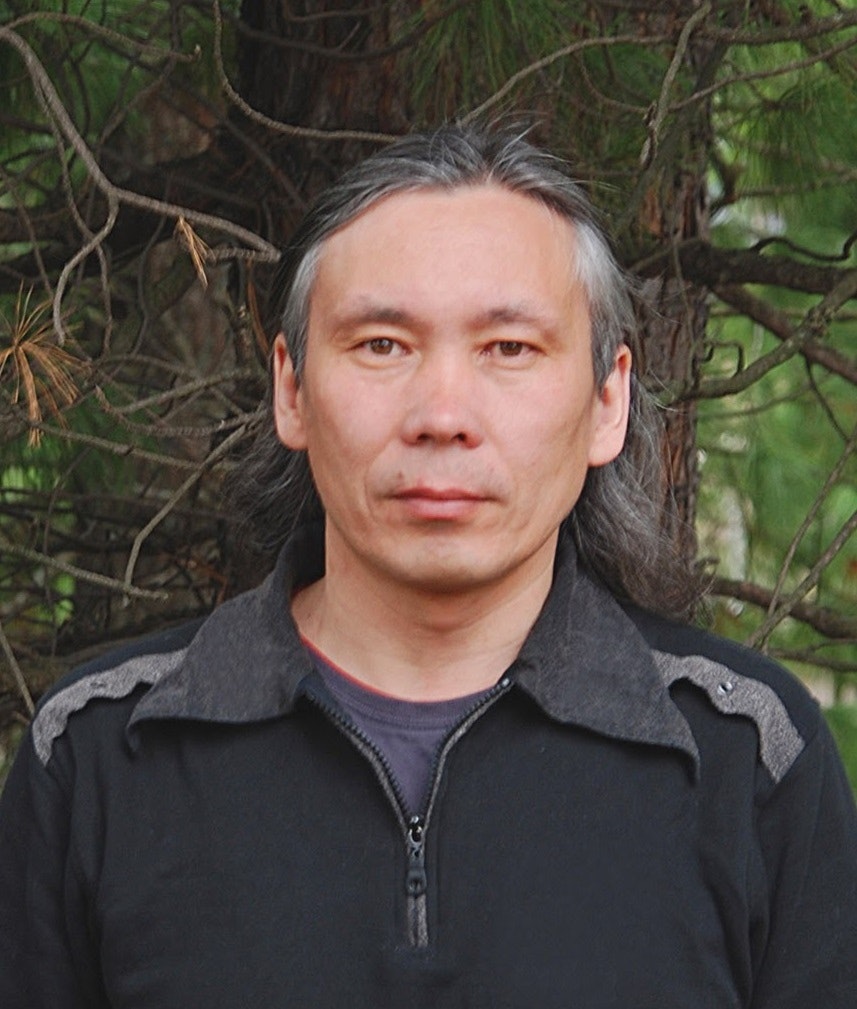Conserving the cedar forests of the Shor People in Gornaya Shoriya, Kemerovskaya region, Russia
The Kemerovskaya Region is part of Russia’s largest coal basin and lies where the West Siberian Plain meets the mountains of Southern Siberia. Despite being one of Russia’s most populous regions, some areas such as Gornaya Shoriya still harbour valuable cedar forest wilderness.
Sable, squirrel, weasel, Siberian deer and brown bear survive here in the taiga forests, a cold biome just south of the tundra where food is scarce and for six months of the year the temperature falls below freezing. It is also home to some 13,000 Shor, indigenous people who rely on their environment to survive where other animals hibernate and migrate the winter.
 The Shor rely on the forest for hunting, shelter, for gathering berries and other edible plants and herbs. The cedar is a sacred tree, rarely cut down, and only ever once the tree has been asked for forgiveness. But despite the importance of the forests to the Shor and to wildlife, only 100,000 ha of forest in Gornaya Shoriya remain and the State Environmental Agency has been largely ineffectual in giving these valuable relic forests the protection they require.
The Shor rely on the forest for hunting, shelter, for gathering berries and other edible plants and herbs. The cedar is a sacred tree, rarely cut down, and only ever once the tree has been asked for forgiveness. But despite the importance of the forests to the Shor and to wildlife, only 100,000 ha of forest in Gornaya Shoriya remain and the State Environmental Agency has been largely ineffectual in giving these valuable relic forests the protection they require.
Over the last 30 years, the forests of Kemerovskaya region has been reduced by more than 15%, with the greatest losses occurring at Gornaya Shoriya. With the forests and wildlife diminishing, many rare species of flora unique to the region are also being lost along with any independent future for the Shor.
Alexander Arbachakov, 41, has worked for over 15 years to protect the forest home of his people. In 1999 he founded The Taiga Research and Protection Agency (AIST) with other members of the Shor to stop illegal logging at Gornaya Shoriya. AIST is mapping the most valuable territories, identifying threats and prioritising areas of value to both the Shor and wildlife.
AIST has created a database of traditional knowledge to document how the Shor people use their environment without harming biodiversity. Alexander now hopes to use this knowledge to create a model for the sustainable use of cedars across the region. Through workshops to train both the Shor and other local people techniques for monitoring forest health, AIST is increasing collaboration between different ethnic groups and developing a basis for long-term conservation. Alexander is committed to raising awareness across Russia of not only the importance of forest protection, but also the value of the Shor People’s traditional culture.






